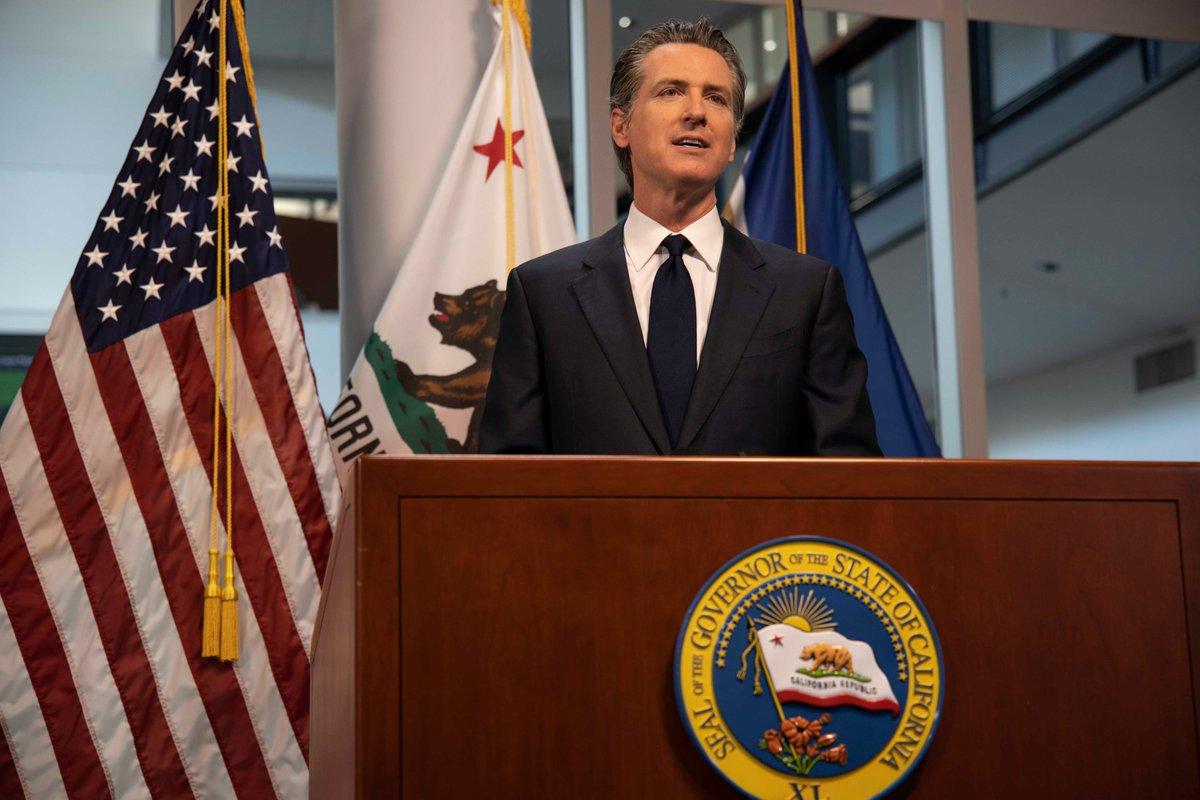California Agencies, UC Berkeley, Stanford to Study Generative AI Impacts
California agencies will collaborate with UC Berkeley and Stanford University to study the impacts of generative AI on the state and its workforce, according to a new executive order signed by Governor Gavin Newsom today.
The Governor's Office of Business and Economic Development, in consultation with the Government Operations Agency, will pursue a partnership with Berkeley’s College of Computing, Data Science, and Society (CDSS) and Stanford’s Institute for Human-Centered Artificial Intelligence. The agencies will work with the two university leads to develop and host a related summit in 2024.
“We’re at a critical moment in the development and widespread use of artificial intelligence tools,” said Jennifer Chayes, dean of CDSS. “It’s our responsibility to ensure that technological breakthroughs represent the interests and needs of the public. We’re honored to be a part of this State of California effort to address the opportunities and challenges of AI.”

Generative artificial intelligence has taken center stage in news and policy debates following the release of the AI-fueled chatbot, ChatGPT, earlier this year. Since then, the bot and other kinds of generative AI have shown promise in helping us solve intractable problems like climate change. It’s also amplified concerns about job displacement, disinformation spread and other ethical issues.
This technology is especially prominent in the San Francisco Bay Area. San Francisco and San Jose alone account for 25 percent of all AI patents, conference papers and companies worldwide, according to the order. Newsom’s directive was one part of the broader executive order aimed at understanding and addressing the risks and benefits of generative AI.
Among other steps, the executive order underscores that generative AI “has the potential to catalyze innovation and the rapid development of a wide range of benefits for Californians and the California economy, such as advances in medicine, wildfire forecasting and prevention, and climate science, and to push the bounds of human creativity and capacity.”
The order also directs agencies to study potential threats to the state’s critical energy infrastructure and vulnerable communities; identify and assess how generative AI is currently used by the state and consider opportunities for where it could improve government operations; and establish guidelines for procuring, using and training employees on generative AI tools.
DJ Patil, who will join CDSS this fall as the inaugural dean’s senior fellow, said California has long held a bellwether role on scientific issues like stem cell research. The deep technical, legal and social science expertise of “two of the premier academic centers in the world” will help the state to similarly help shape the future of generative AI in society, he said.
“Given the incredible progress taking place in generative AI across California-based industrial and academic centers, it makes sense for the state to lead from the front,” Patil, who served as the nation’s first-ever U.S. chief data scientist and is a member of the CDSS advisory board. The college will “be able to bring a truly multidisciplinary approach to making sure this technology works for us rather than against us and benefits all Californians."
